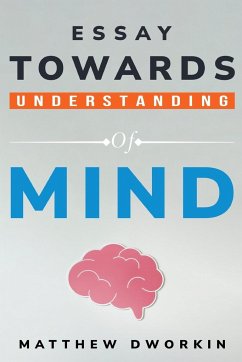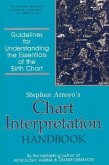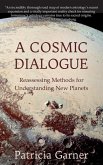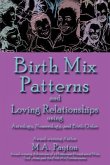For much of the 20th-century discussions of the mental tended to divide the mind into two components, the phenomenal, and the intentional. Phenomenal states are those for which there is something it is like for a subject to be in that state. Intentional states, on the other hand, are those mental states that are directed towards, or about things.1 It was a common assumption that one could give a proper account of intentionality without having to account for, or discuss, the phenomenal. And similarly, it was thought that one could give an account of the phenomenal without having to discuss the intentional. Of the two, it was thought that intentionality was the easier issue. Phenomenality, after all, is the defining feature of the so-called hard problem of consciousness- the problem of explaining how experience, and subjectivity, arises from neural activity. And in both philosophy and cognitive science, it is still very much an open question as to how to solve this problem. Intentionality, on the other hand, seemed to many to be at least tractable.







